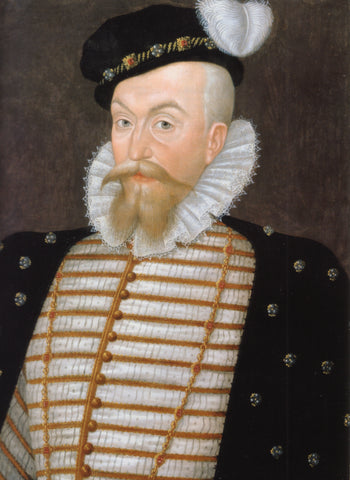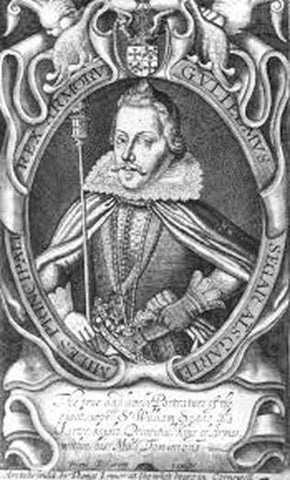The Herald 6

During the Elizabethan age, there was an increased emphasis on genealogy in the heralds’ work as the gentry class rose in importance. Wealthy "new men" were eager to prove their gentility and be granted arms. Only persons of gentry class or higher could bear arms so anyone with arms was by definition gentle (the period Latin word for gentleman was "armigero" i.e. one who bears arms) so the heralds were effectively the gatekeepers to the gentry class. This provided a money making opportunity for ethically challenged heralds and many counterfeit pedigrees were produced for profit and heralds were censured or imprisoned for providing arms to those not of noble birth. William Dethick was criticized for making grants to persons who were thought to be too inferior, including Stratford glover John Shakespeare (whose son William had worked with Dethick to obtain the grant for his father and thus become born of gentry).




